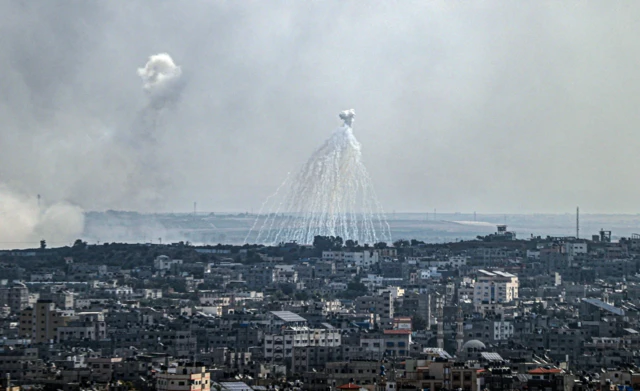Greek warship reportedly sent to Eastern Mediterraneanpublished at 03:12 BST 13 October 2023
 Sofia Bettiza
Sofia Bettiza
BBC News
Hours ago in Brussels, defence ministers from the Nato military alliance of Western nations were briefed by Yoav Gallant, the Israeli defence minister.
Nato allies condemned Hamas's "unjustifiable acts of terror" - but also urged Israel to respond with "proportionality".
"As the conflict unfolds, the protection of civilians is essential," said Nato Secretary General Jens Stoltenerg. "There are rules of war."
When it comes to concrete help, a number of Nato allies say they are providing practical support to Israel.
A Greek warship is reportedly being deployed to the Eastern Mediterranean – it’s likely to be stationed off the Israel-Lebanon border.
And Germany said two of their armed Heron combat drones were being used by Israeli forces.
Most of all, what Israel is after is diplomatic backing for the operation that it is conducting in Gaza. And it got that from Nato allies.

